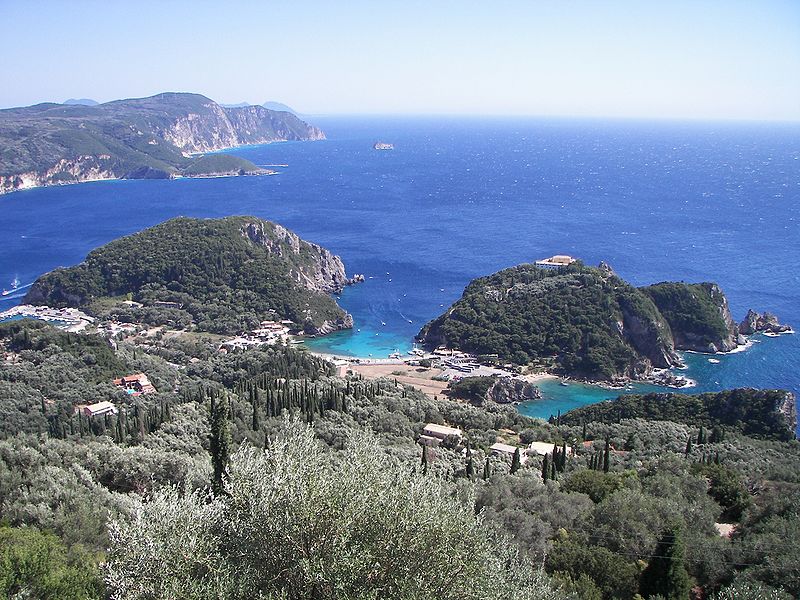by Sandford Lyne
Sandy Lyne, who passed away just two years ago, was, perhaps, best known as a teacher of children and anthologizer of poems written by children in the workshops he gave at (mostly) elementary schools.
But he was also a writer of poetry directed at an adult audience, yet playful in the way children's literature and children themselves are.
And whether you see yourself as a writer of prose or poetry, you'll enjoy the exercises and the outlook in this book as play that stretches and hones your writing muscle.
Lyne sees the poem on the page as an outgrowth of the True You, with the voice you'd have in daily life if there weren't so many constraints. So you therefore have a duty to yourself to carve out a place where that voice can have its say.
I particularly like his idea of "poem sketching," detailed in Chapter 6, where he collects groups of four words that just seem to him to go together, though they could also be chosen randomly. Then he writes a brief poem using those words.
Although he encourages readers to develop their own word clusters in their journals as inspiration provides, the book comes with nearly 50 pages of such groups, 20 groups per page, to get you going. So if you photocopied all the pages of word groups, cut them apart and drew out one each day for inspiration, you'd be set for the better part of three years!
I've used poem sketching and Sandy's word groups in my workshops. Sometimes I pass out a double page photocopied from the book and have writers choose one group to start with, then keep going with another, if they like, until time's up. Other times I'll have them just draw one group on a slip of paper from a plastic tub I pass around. I keep the tub with me in case I need a backup or filler exercise.
Use them yourself to make your own personal word jar--pick a fun jar--and draw one out each day to write to. It will get your creative juices flowing, and you'll soon find yourself racing to your writing spot each morning.
I can also see parents or grandparents using the word groups for a unique interaction with the children in their life. Adult and child could both write poems separately and then compare notes--what fun and what a wonderful page in the memory book!
Lyne admits not everything he writes in this way finds its way into an "official" poem, but many lines and phrases do, and others lead to something else that leads to something that leads to a poem. Everything goes into the journal for future mining. Follow the path, he says, the possibilities are endless.
Not a poet? Well, play will make your fiction better, too, or even just your outlook on life in general. You may discover you are more than you realized, that you have always been a poet and just didn't know it.


